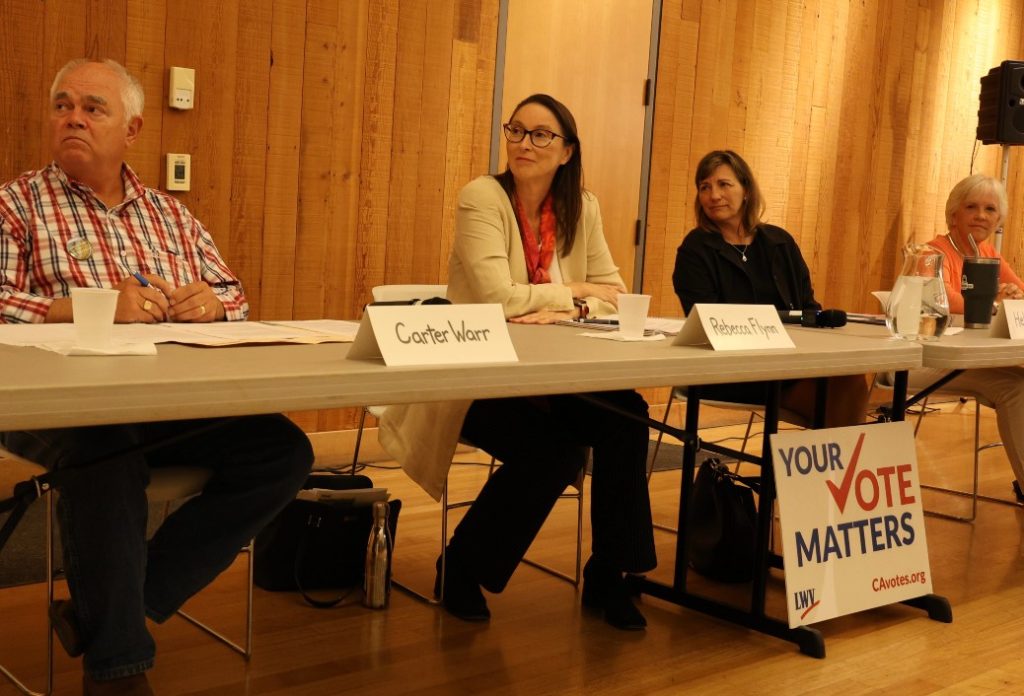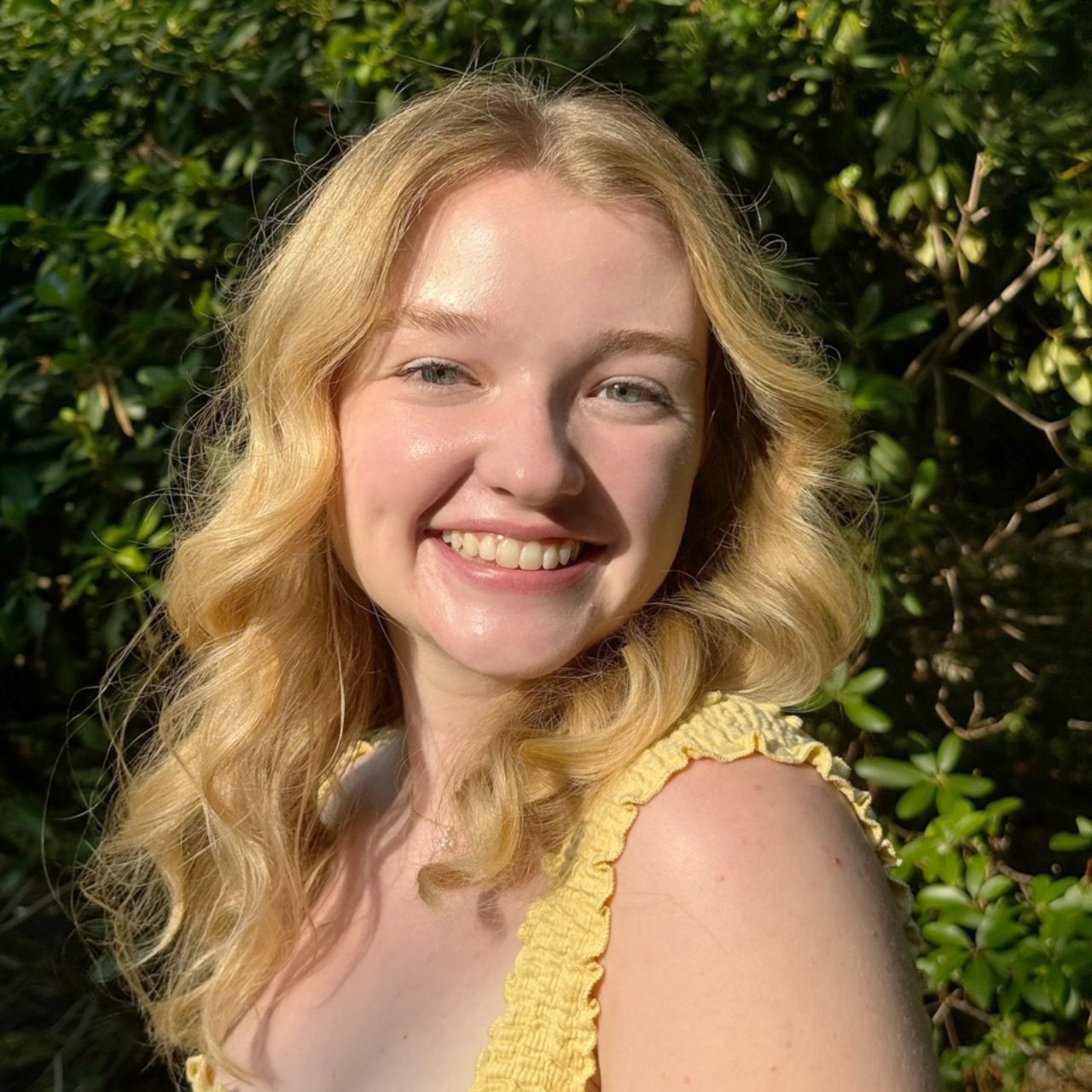PORTOLA VALLEY – Portola Valley, one of California’s wealthiest towns, faces a financial crisis and candidates running for town council disagree about the best remedy.
During the 2020 COVID-19 shutdown, Portola Valley faced staff turnover, leaving the financial department without oversight. After three unaudited years, the reserves are drained, leaving around $700,000 of unrestricted funds available. Town Finance Director Anthony McFarlane and his team are working to balance the budget and propose viable financial solutions to the town council.
“We are resource-rich in aggregate,” said Finance and Audit Committee Chair George Savage at town Finance Committee meeting on Oct. 15. “We have a lot of cash in the bank, but most of it is restricted for specific purposes, and expenses have gotten ahead of revenues for the last three years without observation.”
Much of the financial crisis originated from housing expenses caused by the California housing element law and sheriff contract’s continually increasing cost. A financial shortfall was exacerbated by staff turnover and increases in legal and consultant fees, according to a press release from Portola Valley Mayor Sarah Wernikoff. Wernikoff’s term on the council expires this year and she is not seeking reelection.
“Things were in more disarray than we knew,” Councilmember Mary Hufty said.
Much of the town was in denial about the missing audits or did not realize the urgency of the situation, Hufty said.

“The reason it hasn’t really affected us yet, other than the election, is that we have reserves that have been covering it,” Planning Commission Chair Jon Goulden said. “But we can see the end of those reserves in sight.”
Portola Valley has around 4,300 residents and has a median home value of over $2 million, more than double the average amount in the Bay Area, according to Census Reporter.
With two vacant council seats, the four candidates pitched ideas at an Oct. 8 candidate forum on how to improve the financial picture.
Candidate Rebecca Flynn wants a revenue enhancing ballot measure. She wants to implement a real property transfer tax, a tax on real estate sales, or a parcel tax, a tax on pieces of land owned, which would improve town finances.
“It’s very important that we take advantage of the expertise that’s found in our committees and get their input for every decision we have to make,” Flynn said. “I’d also recommend having some town forums for residents to answer questions, to let people know about the extent of our crisis.”
Alternatively, Carter Warr opposes new taxes.
“I feel the town council in the current construct doesn’t get an opportunity to discuss amongst themselves the input that they’ve collected from the town,” Warr said. “I would recommend that the council meet every week so that the public would have an opportunity to hear the council discussing the issues and to understand the strife.”
Candidate Helen Wolter is primarily concerned about the staff turnover. She also wants to make the budget breakdowns and the town budget transparent to the public.
“If we want services and if we want our safety, we need to hire, recruit and retain the best staff possible,” Wolter said.
Similarly, candidate Ellen Vernazza wants to hold the county accountable for its failed oversight.
“I’m running on a platform of responsiveness and transparency. . . and making sure that our finances are never again managed without oversight by the finance committee and the town council,” Vernazza said.
The election will take place Nov. 5.

